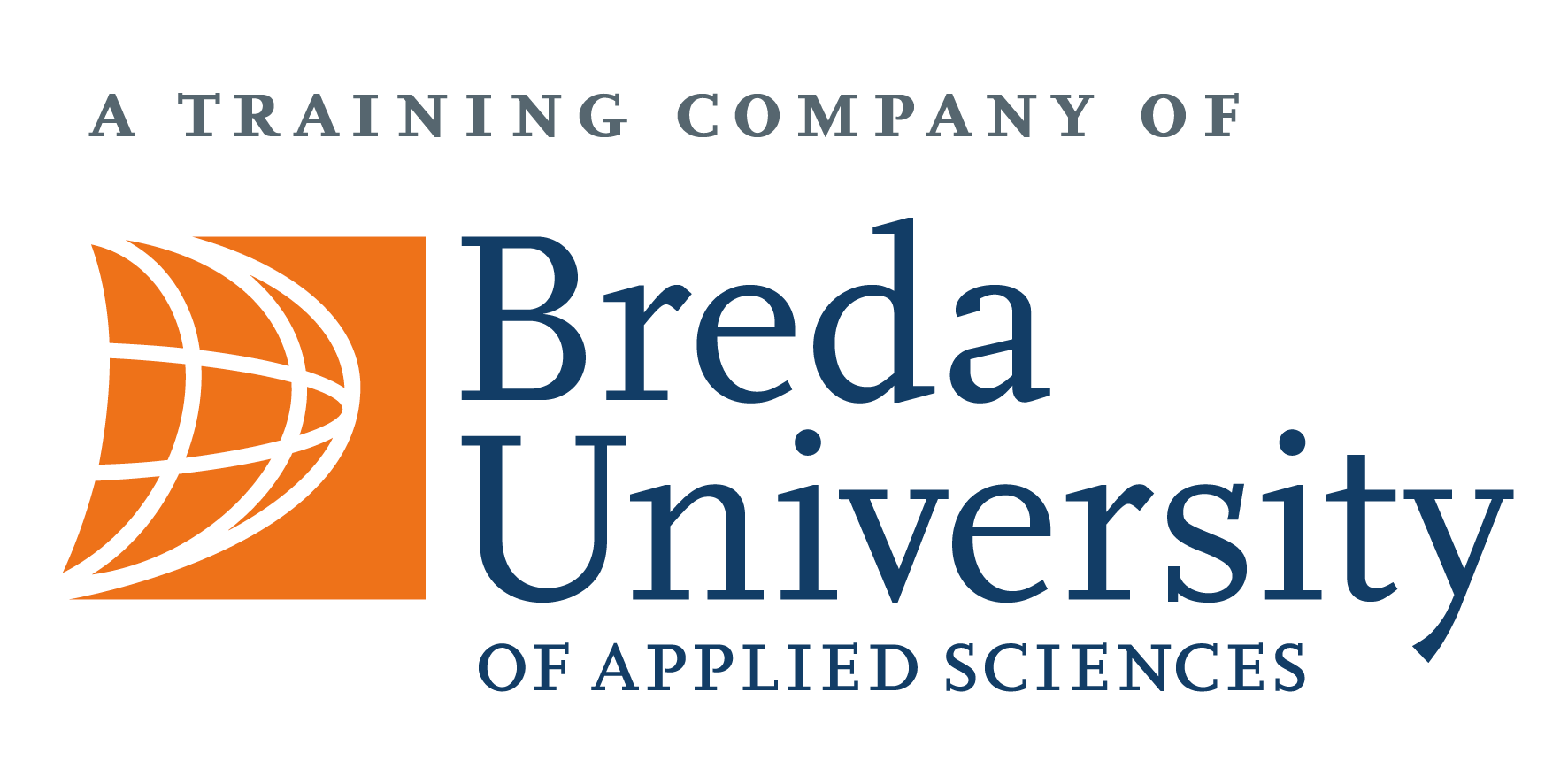Plastic surgery or no plastic surgery, that is the question
My path to a breast reduction as a male
Everything seems greener on the other side and we humans often compare ourselves to others. Social media makes it easy to lose yourself with the idea of what an ideal image is these days. As a result, many young people become insecure and want to change their appearance. My question now is, is it okay to adjust your body or do you have to learn to love yourself? If someone is insecure about a certain body part is that ok or should you take someone as they are? And what is the limit of plastic surgery? I have many questions for which I am seeking answers, and I invite you to join me on my journey.
My curiosity about this topic started with the insecurity I had myself. My breasts. I have suffered from gynecomastia since my puberty. Gynecomastia is the development of abnormally large breast tissue in men due to an imbalance of hormones during puberty. There are different forms of breast formation in men. For example, there may be excess glandular tissue, fat tissue, or a skin surplus. Gynecomastia is caused by physical and non-physical causes. I didn't find out what this was until I was 30. Before that, I did everything to get rid of my breasts. From a strict diet, years of taekwondo, and fitness, but my breasts remained visible. From puberty until recently I had learned to live with it, but fun was different. Lying on your stomach by a pool and wearing loose-fitting clothes to hide it. After years of fighting with the idea, there was a bit of acceptance, a bit of peace. I thought this is me and you take me as I am. So a bit of self-confidence came and I stopped focusing on my breasts until I came across an article that rekindled everything. With a simple procedure my breasts were gone: Plastic surgery
We have been seeing an increase in the demand for plastic surgery for several years. Also in 2016, the number of treatments performed in America increased again (by 11% compared to 2015) and a record amount of 15 billion dollars in turnover was achieved. This is according to research by the American Society for Aesthetic Plastic Surgery (ASAPS). ASAPS keeps track of all trends and developments in the field of cosmetic treatments. Although the figures come from the United States, this trend is also comparable to the Dutch market. The number of Dutch young people having cosmetic surgery has increased sharply since 2008. The percentage of young people aged 18 to 25 who were treated with botox and fillers in 2008 was 3.1 percent 2008. In 2017 this percentage had grown to 8. That is an increase of 258 percent in less than ten years.
Why is cosmetic plastic surgery still considered taboo, although it is popular and has some psychological benefits? One argument is that we all desire to be thought of as being naturally attractive. We may also be frightened of being judged unfairly by those who feel we place too much attention on appearances rather than someones character. Getting a tattoo used to be a taboo issue just a generation ago, and now it
seems like everyone is getting one, and no one is hiding it. Both decisions are personal and private, so why would we have no thoughts about displaying our tattoos yet keep our cosmetic enhancements hidden?
The explanation may be found in the generation difference and also how transparent celebrities are about these operations. Even though it became usual for pop celebrities to have tattoos, it has also become the standard for our role models to freely express their most recent plastic procedures. This explains how the younger generation is far more open regarding their treatments than the elder generation, which still considers this a taboo topic.
On a birthday I woke up to the question of what people think about plastic surgery and to my surprise more than half had had something done to their appearance. These were good friends and I had no idea this was still such a taboo. With plastic surgery people quickly think of major adjustments of larger breasts or a new nose but is that always the case? There are two sides to plastic surgery: the reconstructive side, which is aimed at repairing natural or caused defects or deformities, and the aesthetic side, where the appearance of people is changed without any abnormality or deformity. We all restore something to our innate appearance, so aren't we all guilty of this still prevalent taboo?
Is it important to do something about your appearance? I'm not the jury on that. If you want to change something yourself and you know it for sure, then you should do it. My journey does not stop here and will I take you on my journey where I show how the days before and after my surgery went in a vlog.
Until then!
AJ
